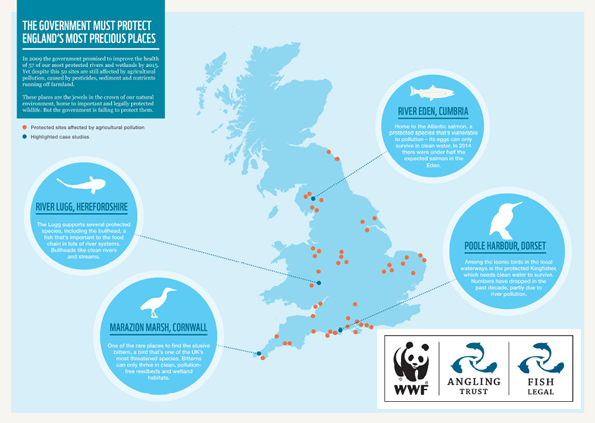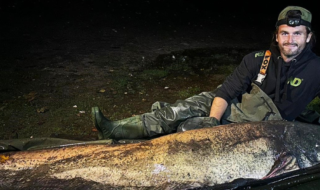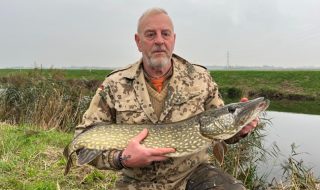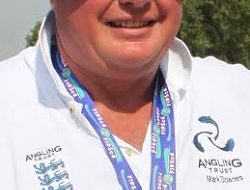The High Court has granted permission for WWF-UK, the Angling Trust and Fish Legal to challenge Defra and the Environment Agency over their failure to protect some of England’s most precious rivers, lakes and coastal areas from agricultural pollution.
The focus of the court case is on habitats that are protected by law and known as Natura 2000 sites (1). They include national treasures like Poole Harbour and the Rivers Avon, Wye & Eden, where pollution is having a harmful impact on species that should thrive in these habitats. The UK government is required by law to take all the necessary steps to ensure they are at good health by December 2015, but it is not going to achieve this (2).
This is because current action is not sufficient to tackle the scale of the problem. To protect these special habitats adequately, WWF, the Angling Trust and Fish Legal want the government to use all the tools at its disposal to ensure these precious places are properly protected and restored for people and wildlife.
This would include Water Protection Zones (WPZs), which were identified by the Environment Agency in 2009 as its preferred tool to reduce pollution if voluntary measures were not successful. (3)
David Nussbaum, Chief Executive, WWF-UK, said: “The health of our rivers and lakes is one of the most critical concerns for WWF-UK, the Angling Trust and Fish Legal. Not only are they vital for important species such as Atlantic salmon, bullhead fish, bittern and kingfisher, but they are also important for recreational activities such as fishing, walking and birdwatching, which provide a vital income for rural communities.
“We are calling on the government to use the tools at its disposal to tackle the issue. We hope this legal action will lead to a rethink of the approach of the government and Environment Agency so that we can see real improvements in these precious places.”
Mark Lloyd, Chief Executive for the Angling Trust and Fish Legal, said: “Poor land management is causing soils carrying nutrients and pesticides to wash into our precious rivers, seriously harming some of our most important fish species, such as Atlantic salmon, stocks of which have plummeted in recent years. This pollution is not only bad for fish and wildlife, but also anglers who contribute billions to the economy every year.
“We must ensure the necessary measures are in place to stop this pollution, and give our rivers and lakes a chance to recover and thrive.”
Now that permission for Judicial Review has been granted, the case will proceed to court later in the year. If successful, and its actions are found to be unlawful, the government will have to identify the regulatory steps necessary to tackle pollution affecting these areas.






